The Future of Remote Work and What it Means for Houston
This week I want to focus on a single CSM story, because it’s the most insightful I’ve seen on what post-pandemic work might look like: Remote work is here to stay – and it’s changing our lives. There are so many great nuggets, insights, and excerpts in it, which I’ll follow with what I think it all means for Houston:
“What the pandemic made blazingly obvious,” says a Manhattan entertainment lawyer, “is that there is no need for a physical office.” Only a complete lack of imagination, he says, kept the realization from dawning sooner. “Before the pandemic, we wouldn’t have taken the question [of going virtual] seriously. It wouldn’t have seemed possible.” …
Wrote one top manager in an email posted by economist Tyler Cowen: “Speaking from personal experience as a white-collar Exec, the productivity gains for our highest value workers has been immense. The typical time-sucks and distractions of in-office work have been eliminated…. Mental focus on productive efforts is near constant. Perhaps most importantly, work travel is not happening.” …
“Even before the pandemic,” he says, “big cities like New York, Los Angeles, and Chicago were losing population to suburbs, lower-cost metro areas, and less expensive states in what Zillow called ‘a great reshuffling.’”
The market research firm Forrester predicts a 60-30-10 split among organizations: post-pandemic, 60% will be hybrid, 30% will be all-in-the-office, and 10% will be all-remote. …
If the expert consensus proves right, Americans won’t go back, either.
“As life at work [when remote] will be less social, people will have to get more of their socializing from elsewhere. So people will choose where they live more based on family, friends, leisure activities, and non-work social connections. Churches, clubs, and shared interest socializing will increase in importance. People will also pick where to live more based on climate, price, and views. Beach towns will boom, and the largest cities will lose.”
Might the center of gravity shift at least somewhat from the office to the neighborhood – back, in a sense, to something closer to a pre-industrial model? What might it mean for our culture if the human contact that offices used to provide is replaced by closer-to-home human connections? And how might that affect the health of local communities and even levels of societal trust? …
Here Mr. Kotkin quotes Lenin: “There are decades when nothing happens; and there are weeks when decades happen.”
So what does it mean for Houston?
Working against us:
- Not a classic lifestyle-destination city (think Austin, Denver, Miami) – no mountains or beaches
- Big city problems, including traffic and crime
- Climate: flooding, hurricanes, heat and humidity
Working in our favor:
- Lots of Houston ex-pats that can come home to be closer to friends and family
- Industries that are less amenable to remote work: manufacturing, refineries, port, health care, NASA, even energy to a significant extent
- The most affordable global city in America – big-city amenities at an affordable price
- Strong community culture for such a large, diverse city
- High pull among immigrant networks
Overall I’d say we’re likely to come out fairly well – not as good as the popular lifestyle cities, but much better than the unaffordable superstar cities like SF and NYC.
This piece first appeared on Houston Strategies.
Tory Gattis is a Founding Senior Fellow with the Center for Opportunity Urbanism and co-authored the original study with noted urbanist Joel Kotkin and others, creating a city philosophy around upward social mobility for all citizens as an alternative to the popular smart growth, new urbanism, and creative class movements. He is also an editor of the Houston Strategies blog.
Photo credit: Savannah D’Evelyn, Corporate strategy consultant Kenny D’Evelyn works for a horse trailer, January 2021.

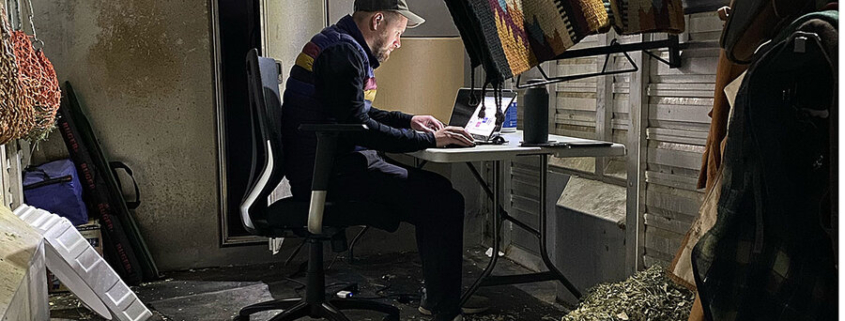
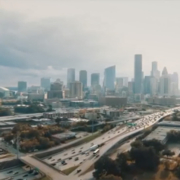

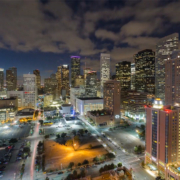
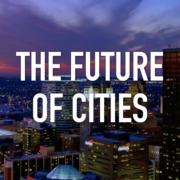
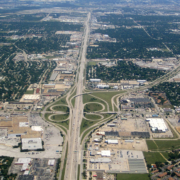
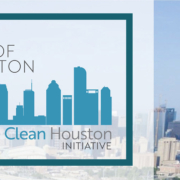
 Market Urbanism Report
Market Urbanism Report Terry Hammonds, CC 2.0 License
Terry Hammonds, CC 2.0 License